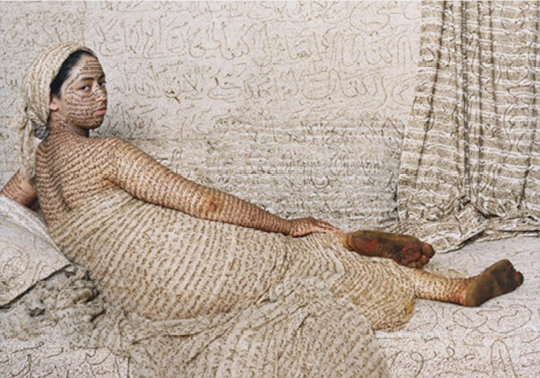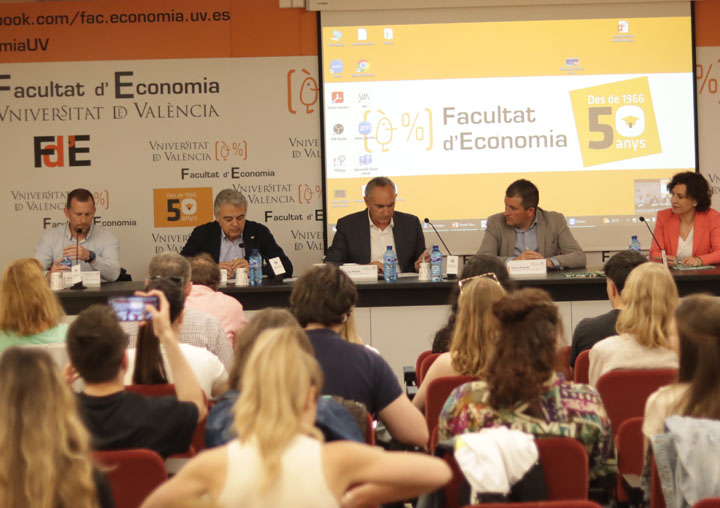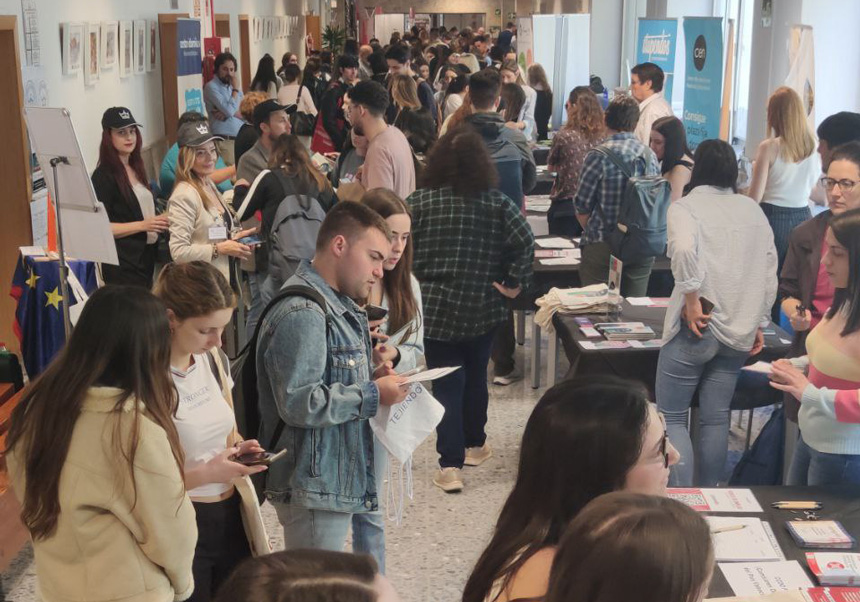Sex trade in Morocco and Spain, an analysis in a seminar of the UNESCO Chair of the UV
- November 15th, 2016

Sex trade in Morocco and Spain is subject of study in the Faculty of Law, from 14 to 17 November, on the occasion of a seminar organised by the Department of Constitutional Law and Political Sciences and the Administration, in the frame of call for projects of the UNESCO Chair of Development Studies of the UV.
Headed by Ana Marrades and coordinated by Julia Sevilla and Aida Vizcaíno, the three professors and leading figures of Valencian feminism, the sessions have the collaboration of the General Foundation of the Universitat de València, through its cooperation area, and the Red Feminista de Derecho Constitucional (RFDC) (Constitutional Law Feminist Network).
The seminar will take place in the Joaquín Tomás Villarroya Room of the Faculty of Law and it can be validated by two credits freely chosen. There is free entry to the sessions, but the UNESCO Chair of the UV will only verify attendance of the people registered through this link: http://www.fundaciouv.es/cursos-cooperacion
Experts and researchers, professionals and the student body who have as a subject of study topics related to human rights, equality or prostitution will meet to analyse the relation between gender and prostitution based on the study of sex trade in Morocco and Spain.
During the seminar, it will take place an in-depth study of prostitution in this Mediterranean countries through the definition of the main characteristics of sex trade, the stories of Spanish and Moroccan women prostitutes, the experiences of clients and their motivations, as well as the relationship between clients and prostitutes. The professor Antonia Carrión will give this session and she will also come up with proposals for action about prostitution within the judicial and political framework for gender equality.
“Prostitution is, above everything, a manifestation of power exercised by men, who turn women into consumer goods, treating as objects the half of the human race and depriving them as subjects of rights”, says the professor Ana Marrandes.
According to Marrandes, the “complex phenomenon” of prostitution is related to several aspects, such as ethics and moral, sexual relationships among people, the conception of love and partnerships, capitalism and labour exploitation, migratory movements, consumption or commercialization, for example.
Moreover, Julia Sevilla, professor of the Constitutional Law Feminist Network, will take part in the seminar and she will also open the sessions with the conference “La dignidad humana como presupuesto de la ciudadanía” (Human dignity as an assumption of the citizenship); and Mireia López and Lluís Benlloch, sociologists of La Dula Estudi, who will explain the experience of the community management in prostitution following the model of the Valencian neighbourhood of Velluters.
The opening event, on Monday 14, at 16 hours, will be attended by the director of the UNESCO Chair of Development Studies of the UV, José Miguel Soriano; the dean of the Faculty of Law, María Elena Olmos; and the director of the seminar, Ana Marrandes.
The purpose of the sessions “Género y prostitución” (Gender and prostitution) is to show the reality of sex trade in Morocco and Spain, and the relations established between the structure of gender and prostitution in both countries.
File in: Facultat de Dret , Dret Constitucional, Ciència Política i de l'Administració , Fundació General UV















